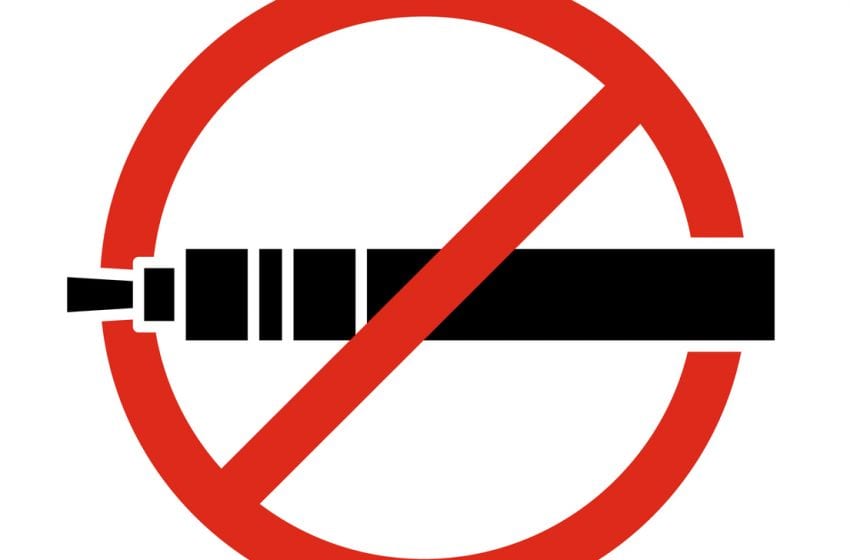The Ugandan government is trying to restrict tobacco smoking in the country with a raft of anti-tobacco regulations, according to a story by Catherine Byaruhanga for the BBC.
But while it is restricting the trade in cigarettes and where people may smoke; it is apparently introducing a ban on the sale of electronic cigarettes, products that many see as hugely less risky than are traditional tobacco cigarettes and that can be used as tobacco-cigarette substitutes to help smokers quit their habit.
While smoking is said to be not common in Uganda, the government wants to discourage it further because it is concerned by a rise in health problems linked to tobacco use, such as cancer, heart disease and high blood pressure.
So people lighting up in bars, restaurants or hotels now face being fined $60 or even being jailed for up to two months, though the government says it does not expect to jail many people. Smoking is not allowed, either, within 50 meters of public places such as schools, hospitals and taxi ranks.
In other measures, the government has banned the sale of single cigarettes and tightened rules on labeling, advertising and selling tobacco to under-21s.
And the new laws ban the sale of electronic cigarettes and flavored tobacco for shishas.
Byaruhanga said, however, that it was unclear how rigidly police would enforce the legislation, given the number of other crimes they have to deal with.

